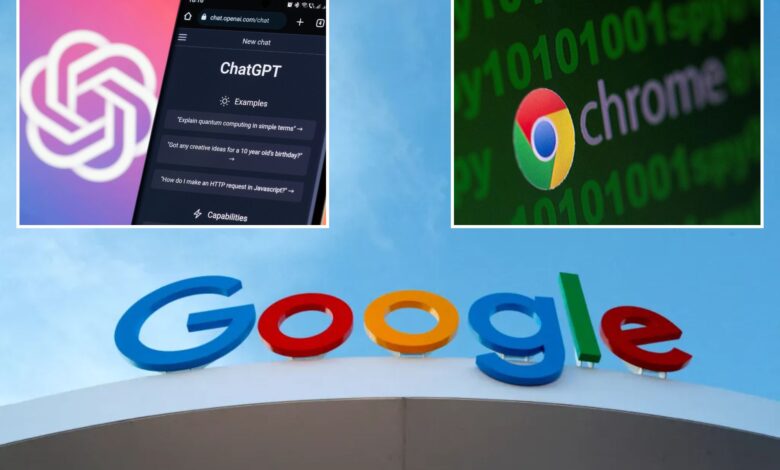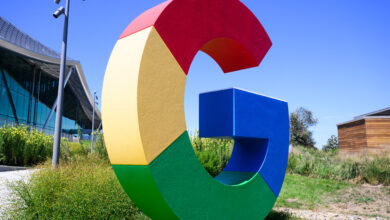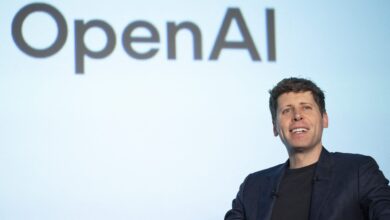Google mulled exclusive Gemini AI, Chrome deals with Samsung

OpenAI would be interested in buying Google’s Chrome if antitrust enforcers are successful in forcing the Alphabet unit to sell the popular web browser as part of a bid to restore competition in search, an OpenAI executive testified on Tuesday at Google’s antitrust trial in Washington.
ChatGPT head of product Nick Turley made the statement while testifying at trial in the case where U.S. Department of Justice seeks to require Google to undertake far-reaching measures restore competition in online search. The judge overseeing the trial in Washington found last year that Google has a monopoly in online search and related advertising.
Google has not offered Chrome for sale. The company plans to appeal the ruling that it holds a monopoly.
Turley testified earlier in the day that Google shot down a bid by OpenAI to use its search technology within ChatGPT. OpenAI had reached out to Google after experiencing issues with its own search provider, Turley said, without naming the provider. ChatGPT uses technology from Microsoft’s search engine, Bing.
“We believe having multiple partners, and in particular Google’s API, would enable us to provide a better product to users,” OpenAI told Google, according to an email shown at trial.
OpenAI first reached out in July, and Google declined the request in August, saying it would involve too many competitors, according to the email.
“We have no partnership with Google today,” Turley said.
The DOJ’s proposal to make Google share search data with competitors as one means of restoring competition would help accelerate efforts to improve ChatGPT, Turley said.
Search is a critical part of ChatGPT to provide answers to user queries that are up to date and factual, Turley said. ChatGPT is years away from being able to use its own search technology to answer 80% of queries, he added.
Prosecutors raised concerns in opening statements on Monday that Google’s search monopoly could give it advantages in AI, and that its AI products are another way to lead users to its search engine.
Google has said the case is not about AI, and that it faces robust competition from companies including Meta Platforms and Microsoft.
Ending exclusive deals
In August, US District Judge Amit Mehta found that Google protected its search monopoly through exclusive agreements with Samsung Electronics and others to have its search engine installed as the default on new devices.
Google had contemplated deals with Android phone makers such as Samsung that would provide exclusivity for not only its search app, but also for its Gemini AI app and Chrome browser, according to a document shown at trial.
Instead of entering more exclusive agreements, however, Google loosened its most recent deals with device makers Samsung and Motorola and wireless carriers AT&T and Verizon, allowing them to load rival search offerings, other documents showed.
The non-exclusive agreements mirror what Google has said should be the remedy to address Mehta’s ruling. The DOJ wants the judge to go farther, banning Google from making lucrative payments in exchange for installation of its search app.
Google sent letters as recently as last week reiterating that its agreements did not prohibit the companies from installing other AI products on new devices, Google executive Peter Fitzgerald testified on Tuesday.




